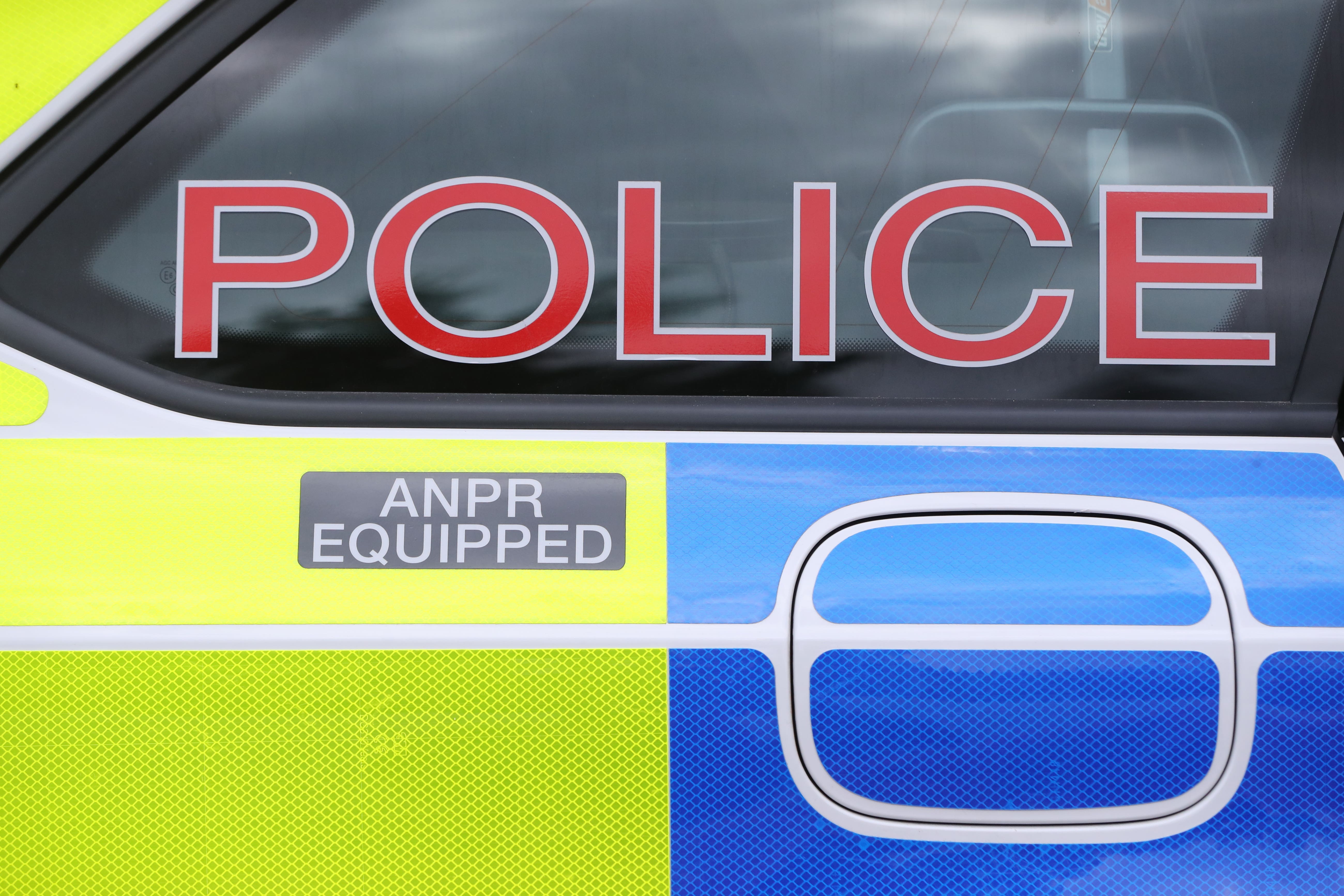Surge in paramilitary-style shootings revealed in police figures
The number of attacks almost tripled over the last year, compared to the previous year.

Your support helps us to tell the story
From reproductive rights to climate change to Big Tech, The Independent is on the ground when the story is developing. Whether it's investigating the financials of Elon Musk's pro-Trump PAC or producing our latest documentary, 'The A Word', which shines a light on the American women fighting for reproductive rights, we know how important it is to parse out the facts from the messaging.
At such a critical moment in US history, we need reporters on the ground. Your donation allows us to keep sending journalists to speak to both sides of the story.
The Independent is trusted by Americans across the entire political spectrum. And unlike many other quality news outlets, we choose not to lock Americans out of our reporting and analysis with paywalls. We believe quality journalism should be available to everyone, paid for by those who can afford it.
Your support makes all the difference.The number of paramilitary-style shootings in Northern Ireland has almost tripled in a year, police figures have revealed.
The attacks usually involve the victim being shot in the knees, elbows, ankle or thighs by paramilitaries who often claim it as a “punishment” for anti-social behaviour.
It happens within both loyalist and republican communities
Between October 1 2022 and September 30 2023, there were 19 casualties of these shootings recorded by the Police Service of Northern Ireland (PSNI).
These actions are deplorable. They’re brutal and cowardly, and have no place whatsoever in today’s society.
This is a significant increase from the seven recorded during the previous 12 months.
There were five recorded attacks in September alone, the most in a month since June 2016 according to police.
Most took place in Belfast (nine), while there were four each in the Ards and North Down area, and the Derry City and Strabane area.
There were two attacks recorded in the Causeway Coast and Glens area.
A smaller increase was also recorded in the number of paramilitary-style assaults.
This type of attack usually involves the victim being set upon with weapons such as iron bars or baseball bats as a “punishment”.
Some 33 casualties of paramilitary-style assaults were recorded in the last 12 months compared to 29 during the previous 12 months.
Most took place in Belfast (14), more than twice the total for the capital in the previous year (six).
The latest PSNI recorded security situation statistics, compiled by the Northern Ireland Statistics and Research Agency (Nisra), recorded one death considered to be security related.
Sean Fox, 42, was shot dead at a west Belfast social club in front of more than 100 people in October last year.
Police have not attribute the murder to a particular organisation but said it bore “the hallmarks of dissident republican killings”.
The PSNI recently issued a fresh appeal for information about the murder on the first anniversary.
An increase in the number of bombing incidents across Northern Ireland was also recorded, seven, up from four in the previous 12 month.
Meanwhile the statistics recorded 120 security related arrests under Section 41 of the Terrorism Act 2000, compared to 119 during the previous 12 months.
And some 28 people were subsequently charged, twice the number during the previous 12 months (14).
Detective Chief Superintendent Andy Hill, head of Organised Crime Branch, described paramilitary-style shootings as “appalling acts of violence against some of the most vulnerable members of our communities”.
“There were 19 victims of such assaults during the last 12 months, compared to seven during the previous 12 months.
“Last month alone saw five casualties of such attacks,” he said.
“These actions are deplorable.
“They’re brutal and cowardly, and have no place whatsoever in today’s society.”
Mr Hill said police, along with partner agencies, “will relentlessly continue to target those groups and individuals who continue to exploit the most vulnerable in our communities”.
“The solution requires collective efforts, and I’m keen to reiterate an appeal to anyone with information, or concerns, to please speak up,” he said.
“You can contact police on the non-emergency number 101, or contact Crimestoppers, with 100% anonymity, on 0800 555 111 or online at www.crimestoppers-uk.org.”